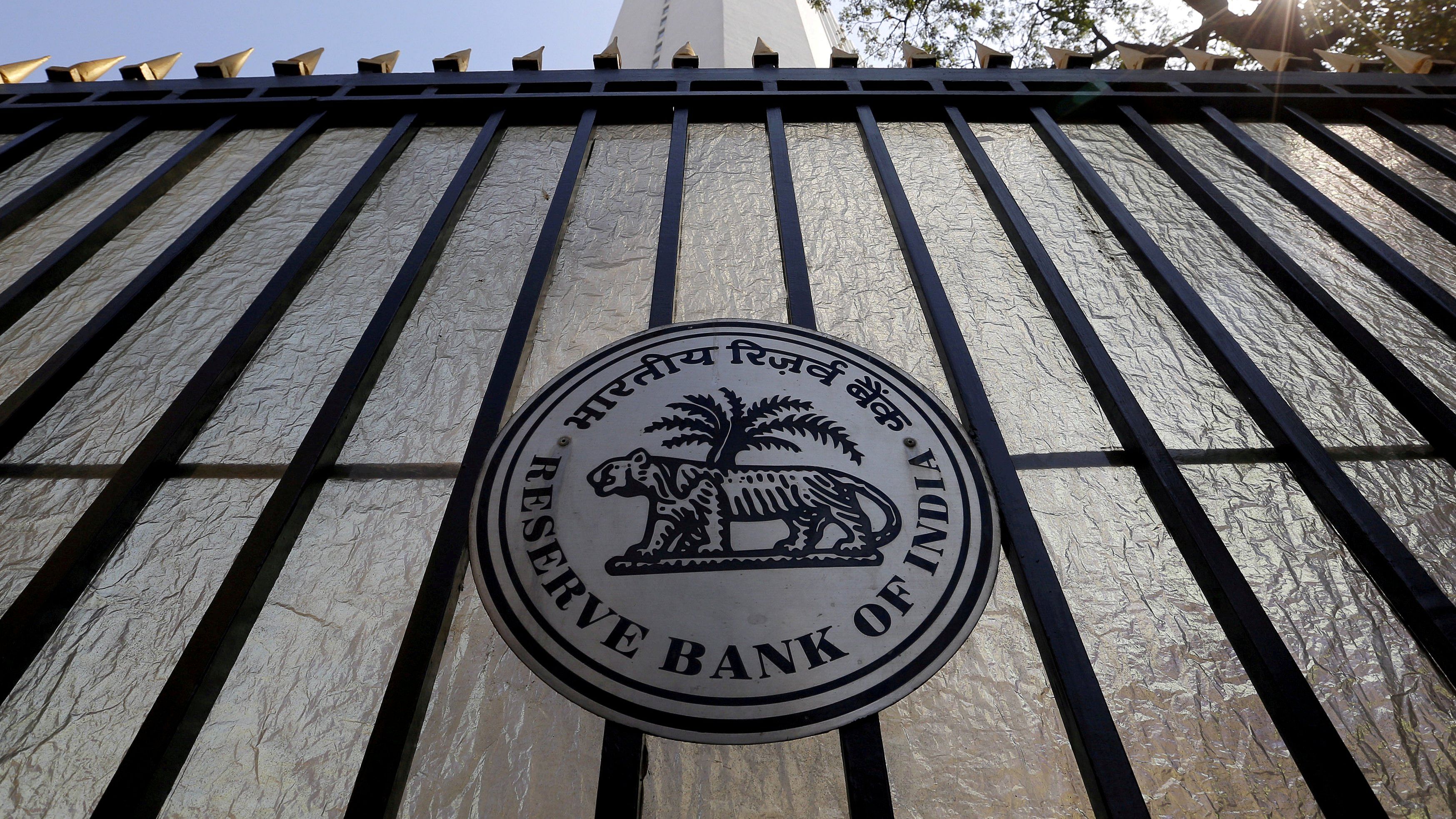
The RBI logo.
Credit: PTI Photo
Mumbai: Aggregate demand in India is likely to shrug off the temporary slowdown in momentum seen in the second quarter as festive demand picks up pace and consumer confidence improves, the Reserve Bank of India (RBI) said on Monday.
"Rural demand is expected to get a boost from the improved agricultural outlook. Private investment should pick up steam in response to signs of pick-up in consumption demand and rising business optimism," the RBI said in its October bulletin.
The central bank said weaker momentum in some high-frequency indicators in the second quarter of 2024/2025 is partly due to idiosyncratic factors such as unusually heavy rainfall in August and September.
Domestic manufacturing PMI slowed to an eight-month low in September, while services PMI eased to a 10-month trough, latest data showed. India's overall growth slowed to 6.7 per cent in the June quarter but the country remains among the fastest growing major economies globally.
India's investment outlook appears bright amid healthy balance sheets in the financial sector and availability of resources for productive investment alongside the government's continued push on capital expenditure, the central bank said.
Stronger global trade could provide a fillip to external demand for domestic exports, although escalating geopolitical tensions remain a potential threat, the RBI said.
"India's external sector is showing resilience despite rising geopolitical tensions," it added.
Earlier this month, the RBI kept its key interest rate unchanged but eased its policy stance to "neutral", opening the door for rate cuts, although hopes for a December reduction have been dashed by the recent inflation print.
Annual retail inflation accelerated to its highest in nine months at 5.49 per cent in September due to higher food prices.
Governor Shaktikanta Das an at event on Friday said it would be "very premature" and "risky" to lower interest rates at this stage.
The bulletin, however, reiterated that food inflation could ease in the second-half of the fiscal year.
In a separate research article on monetary policy transmission in India, the RBI found that monetary policy changes affect short-term interest rates more than long-term rates.
The macroeconomic impact of monetary policy on aggregate demand and inflation indicate that the 250 basis points increase since May 2022 has negatively contributed to aggregate demand and headline inflation by 160 bps each till Q2:2024-25, working through various channels of policy transmission, the RBI said.